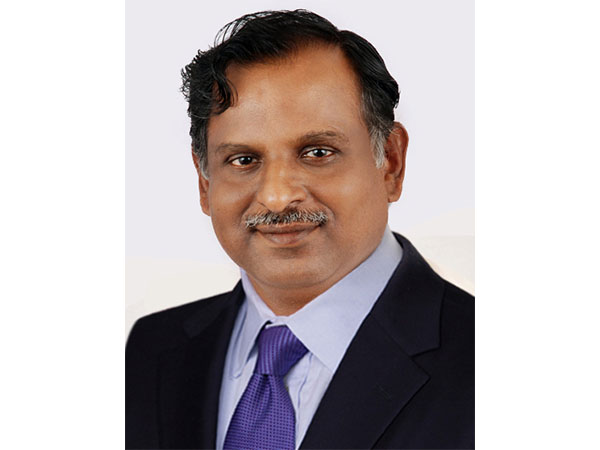V. Narayanan has been named as the next Chairman of the Indian Space Research Organisation (ISRO) and Secretary of the Department of Space, according to an official announcement made on Tuesday. He will assume the role on January 14, succeeding the current ISRO chief, S. Somnath.
Narayanan, a distinguished scientist with nearly four decades of experience in India’s space program, currently serves as the Director of the Liquid Propulsion Systems Centre (LPSC) in Valiamala, Kerala. His expertise lies primarily in rocket and spacecraft propulsion.
An official order from the Appointments Committee of the Cabinet confirms Narayanan’s appointment for a two-year term, or until further orders.
Narayanan joined ISRO in 1984 and has since held various critical roles, contributing significantly to India’s space missions. He has overseen key developments in liquid, semi-cryogenic, and cryogenic propulsion stages for launch vehicles, chemical and electric propulsion systems for satellites, and space system health monitoring technologies.
He also chairs the Project Management Council-Space Transportation System (PMC-STS) and the National Level Human Rated Certification Board (HRCB) for Gaganyaan, India’s planned human spaceflight mission.
During the early phase of his career, Narayanan worked on solid propulsion systems for the Sounding Rockets, Augmented Satellite Launch Vehicle (ASLV), and Polar Satellite Launch Vehicle (PSLV) at Vikram Sarabhai Space Centre (VSSC).
He contributed to the process planning and realization of ablative nozzle systems and composite motor cases.
Narayanan completed his M.Tech in Cryogenic Engineering and PhD in Aerospace Engineering from IIT Kharagpur, where he earned a silver medal for securing the top rank in his M.Tech program. He has been the Director of LPSC since 2018.
S. Somnath, the outgoing ISRO chief, took over the position in January 2022. During his tenure, India achieved several historic milestones, including becoming the first country to land a rover at the lunar south pole and joining an elite group of nations—alongside the US, Russia, and China—to accomplish a soft landing on the Moon.
(With IANS input)




















